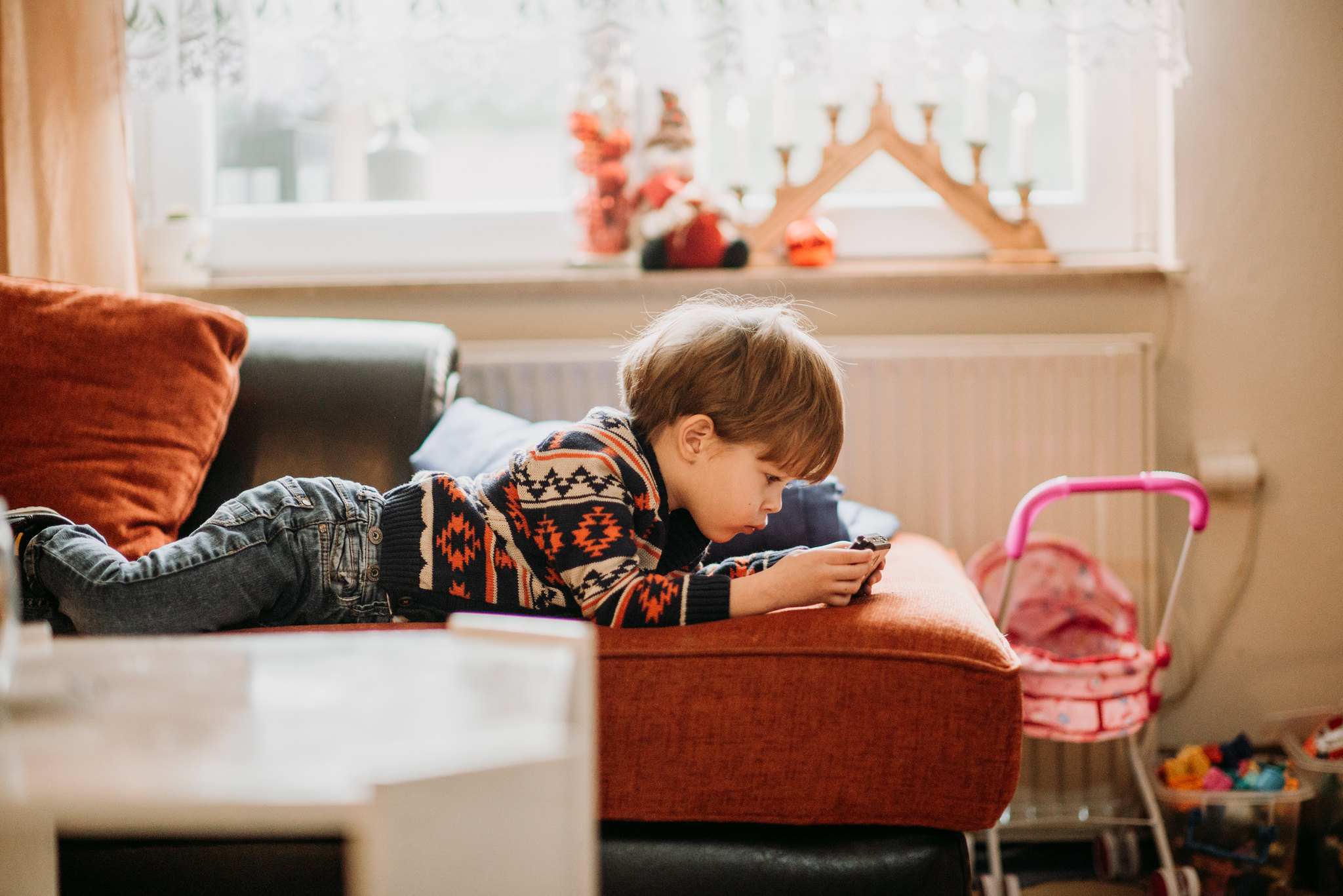A former Facebook data scientist recently leaked confidential and damaging studies about Facebook and Instagram.
The gist: social media is harmful to kids.
If you’ve been paying attention, you already knew this.
We already knew, for example, that more than two hours per day of digital entertainment is associated with higher anxiety, depression and less life satisfaction, particularly among girls. [1]
But Frances Haugen leaked new and alarming tidbits from Facebook’s own internal studies. She testified before congress, “It is pulling families apart…”
Other details that emerged, as published by the Wall Street Journal:
- Teens blame Instagram for increases in the rates of anxiety and depression among teens. – This reaction was unprompted and consistent across all groups.
- Teens who struggle with mental health say Instagram makes it worse.
- Young people who are struggling say “they should talk to someone but at the same time they don’t have anyone to talk to.”
- “The always-on nature of social media means that teens’ social lives have infiltrated into every part of life without a break.”
- One in five teens say that Instagram makes them feel worse about themselves.
- Friends and family have the most positive impact on a teenager’s mental health. Social media apps have least positive impact on teens’ mental health.
- “Teens want help controlling the time they spend on the app.
- “Teens talk about the amount of time they spend on Instagram as one of the “worst” aspects of their relationship to the app.
- “They have an addict’s narrative about their use—it can make them feel good, feel bad. They wish they could spend less time caring about it, but they can’t help themselves.
- “Teens recognize the amount of time they spend online isn’t good for them but at the same time know they lack the willpower to control the time spent themselves.”
Doctors, psychologists, therapists, neurologists, speech therapists, app developers and tech company insiders have been banging the drum for the last few years: we have a problem.
Now politicians are getting involved. Haugen’s warnings have captured the attention of policymakers.
The call for change was unanimous and bipartisan. What that change will look like from a regulatory perspective is yet to be seen. Given the track record of bureaucratic speed and efficacy (or lack thereof), parents cannot afford to rely on politicians and social media executives to fix this problem for us.
“One proposal now being discussed legislators would let private citizens sue Facebook and other social media companies for harm caused by their algorithms.” So the solution for harm to our children is wait for the government to allow us to sue Facebook long after our kids have been harmed?
Parents cannot rely on government to protect our kids for us. Counting on the government to solve your problems is like counting on the fox to guard the henhouse.
We can do better.
Parents over Politicians
The data might be bleak, but we don’t need to wring our hands.
Instead, we must get back into the driver’s seat. We do not have to stand by and watch our kids slip into the digital vortex. Parents can and must prepare their kids for a digitally addictive world.
Certainly, many of the trials and burdens kids face today are as old as time. Prepubescent insecurity, raging hormones, comparison, bullying. Not new. BUT, the ease with which children can access and be inundated by troubling content? In our current digital age, this is entirely new. In one generation, everything has changed.
Back in the “ancient,” pre-smartphone days, kids could access only the cable channels parents selected. Rating systems prohibited bad language and sexually explicit content. Today, when parents hand their child a smartphone, all systems are out the window. Your child is one typo away from seeing porn.
Aside from the universally offensive content, our kids need protection from the seemingly innocuous. The games and apps that offer endless, mind-numbing consumption under the guise of connection.
Kids need our help navigating today’s addictive technology. We cannot afford to be hands-off. Parents are the new rating system. We must work harder than ever to help our kids navigate the world we are launching them into. We must help them develop a strong moral compass and sense of digital wisdom—before we give them access to the entire world.
In the same way that we’d never drop our kids in the middle of the ocean in an inflatable raft, we cannot give our young kids access to the entire internet. We must train, teach, and guide. By continuous conversation, connection, and play—without any screen at all.
How parents can prepare their kids for a digitally addictive world:
- Delay the smartphone. It’s much easier to give your child a little bit of tech freedom at a time, than to give them the entire world and have to pull back later. Check out Wait Until 8th, an organization that encourages parents to wait until at least 8th grade for a smartphone.
- Open conversations. No topic is off-limits for conversation in our house. We are committed to Never Freaking Out when our kids ask a question. We welcome a culture of “ask us anything, anytime. Nothing is weird, scary or too hard to talk about with us.”
- Share your digital vulnerabilities. If you sometimes get sucked into Instagram, share that! It’s a struggle for everyone because the app developers used brain science to hook us. You’re not weird or weak if you struggle with tech—you’re human.
- Intentionally share stories of virtue and wisdom with your kids. The longer you have to pour in and develop their characters before handing them access to the entire world, the better.
- Read “Good Pictures, Bad Pictures” with your kids. It explains and contextualizes pornography in an age-appropriate way, giving context for what can be a difficult topic.
- Ask your kids if they’ve noticed troubling habits in people who use smartphones too much. Have they ever felt ignored by someone on their phone? Was that annoying to them? How will they try to combat that when they are old enough to have a phone?
As parents, no one is better positioned than you are to equip your kids for what they will inevitably encounter online.
You’ve got this.
You might also like:
Why Your Child is Grumpy after Tablet Time
When Should I Give My Child a Phone?
Dear iPhone, It’s Time for a DTR
[1] https://www.sciencedaily.com/releases/2020/11/201102124849.htm
Image credit: Nenad Stojkovic, Creative Commons





0 Comments